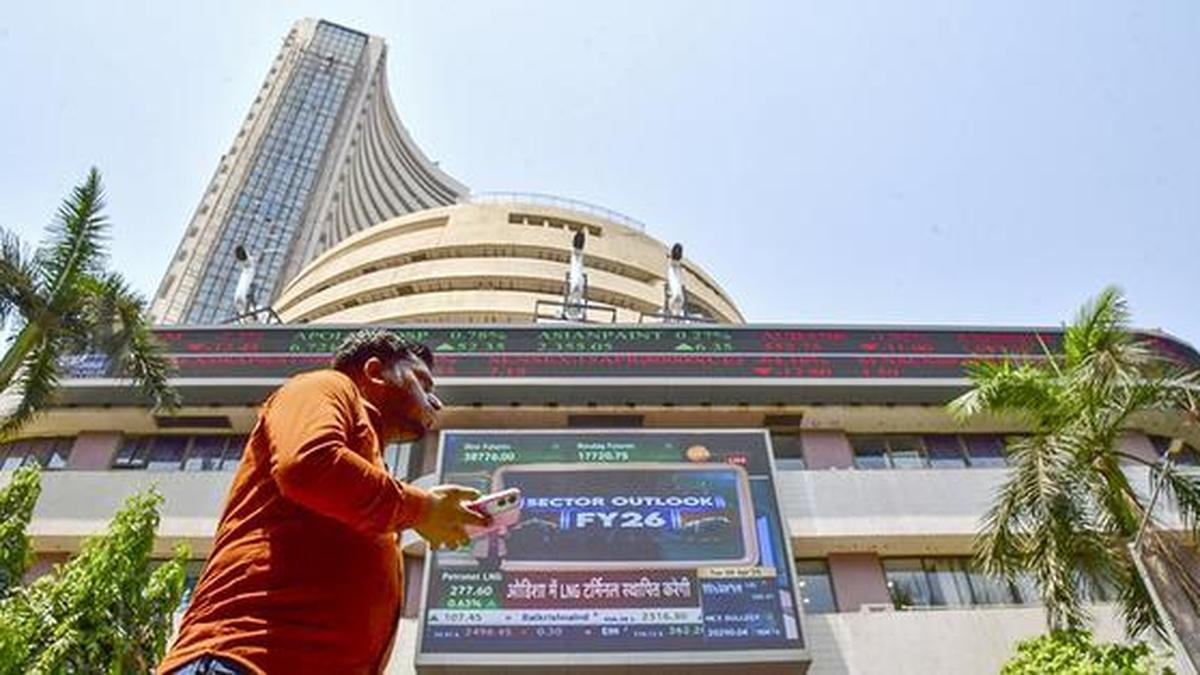- October 2, 2024
Iran-Israel conflict sparks oil price concern: How will it impact India? – Times of India

NEW DELHI: Amid ongoing tensions in the Middle East, global shares are showing mixed performance, with the energy sector seeing a 2.4 per cent gain, its best session in five months, driven by rising oil prices amid growing concerns.
India is highly dependent on Middle Eastern oil, so any disruption in supply could seriously mess with the country’s energy security.The cost of petrol and diesel could rise, and that’s never good news for everyday consumers or businesses.
India and the Middle East share a significant trade partnership that extends beyond oil. The exchange of goods between them is substantial, with India exporting a wide range of products, including machinery and pharmaceuticals. On the other hand, Middle Eastern nations provide India with crucial resources such as oil, natural gas, and fertilizers.
European benchmarks set mostly higher on Wednesday driven by gains in energy and defense stocks. Hong Kong’s Hang Seng soared more than 6 per cent driven by strong China related gains while other Asian markets retreated.
Crude futures in US West Texas Intermediate (WTI) rose by $1.05, or 1.48 per cent, to $70.86 per barrel on fears of supply disruptions in the Middle East.
It is speculated that Israel might launch a “significant retaliation” within days responding to a massive missile attack which may target Iran’s oil production facilities and other strategic locations after Israeli Prime Minister Benjamin Netanyahu promised that Iran would pay for its missile attack against Israel on Tuesday.
Independent analyst Stephen Innes said,”The burning question is whether Iran’s missile strike is a one-off response or the start of something much bigger. Most bets lean towards the former, especially with the US stepping in to back Israel.”
“Iran’s oil infrastructure could very well be in their crosshairs. Taking a swing at Iran’s oil lifeline could have far-reaching economic consequences, sparking a severe escalation,” Innes wrote in his “The Dark Side Of The Boom” newsletter.
Priyanka Sachdeva, senior market analyst at Phillip Nova, told Reuters that oil markets were largely focusing on the narrative of a weakening global economic outlook denting demand for fuel.
Iran holds 10 per cent oil and 15 per cent of the world’s proven gas resources. It also falls second as OPEC’s largest oil exporter and fourth world’s largest exporter.
In August, Iran’s oil output rose to a six-year high of 3.7 million barrels per day (bpd) in August, according to ANZ analysts.
Independent economic research business Capital Economics said, “A major escalation by Iran risks bringing the US into the war.” It noted, “Iran accounts for about 4 per cent of global oil output, but an important consideration will be whether Saudi Arabia increases production if Iranian supplies were disrupted.”
The United Arab Emirates energy minister Suhail al-Mazrouei, praised OPEC+ for balancing the oil market, “OPEC+ has sacrificed more than other but the critical element is that it is staying together.”







